Quality problems with parts made by its suppliers are slowing down production of Boeing’s T-7A Red Hawk trainer, pushing back the program.
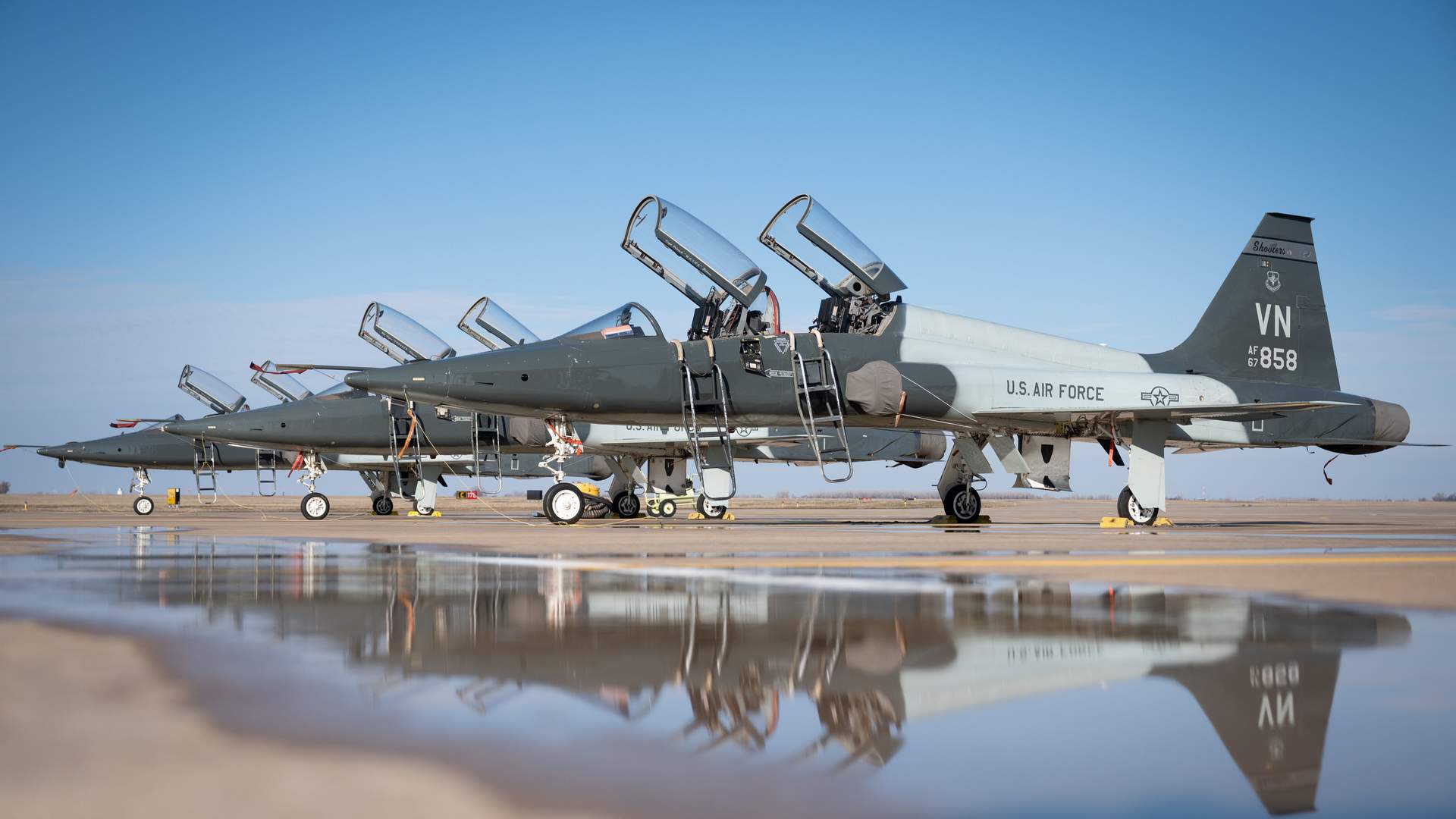
Boeing is continuing its testing and development of the T-7A Red Hawk, the replacement for the T-38 trainer for the U.S. Air Force. The T-38 has been overdue for replacement for some time. Not only are these aircraft very old, but they also don’t adequately represent modern military jets.
So far, Boeing has delivered three of these jets to the Air Force, the first in September 2023. The program called for a fourth T-7A to go to its military customer in December last year. A fifth T-7A trainer would have followed in January 2024.
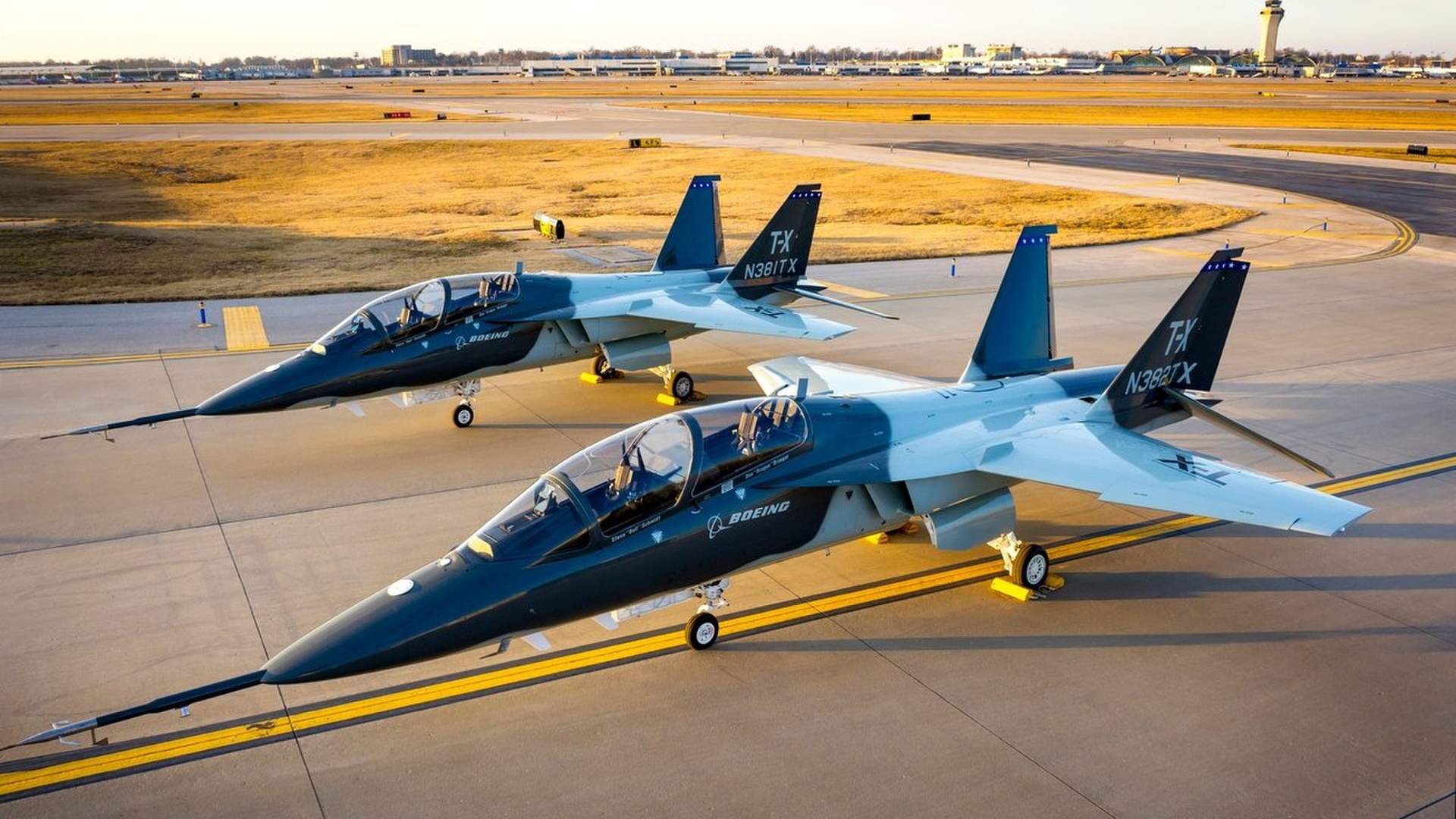
These are production-specification jets but aren’t quite production aircraft. They are engineering and manufacturing development jets. There were also two pre-production T-X prototypes, built before the three USAF jets. Boeing initially planned to start low-rate initial production of the aircraft early this year.
But the delays mean that Boeing is postponing these plans, for the middle of the year. The company emphasizes that it is putting extra focus on safety and quality – with other events clearly in the minds of many in the industry.
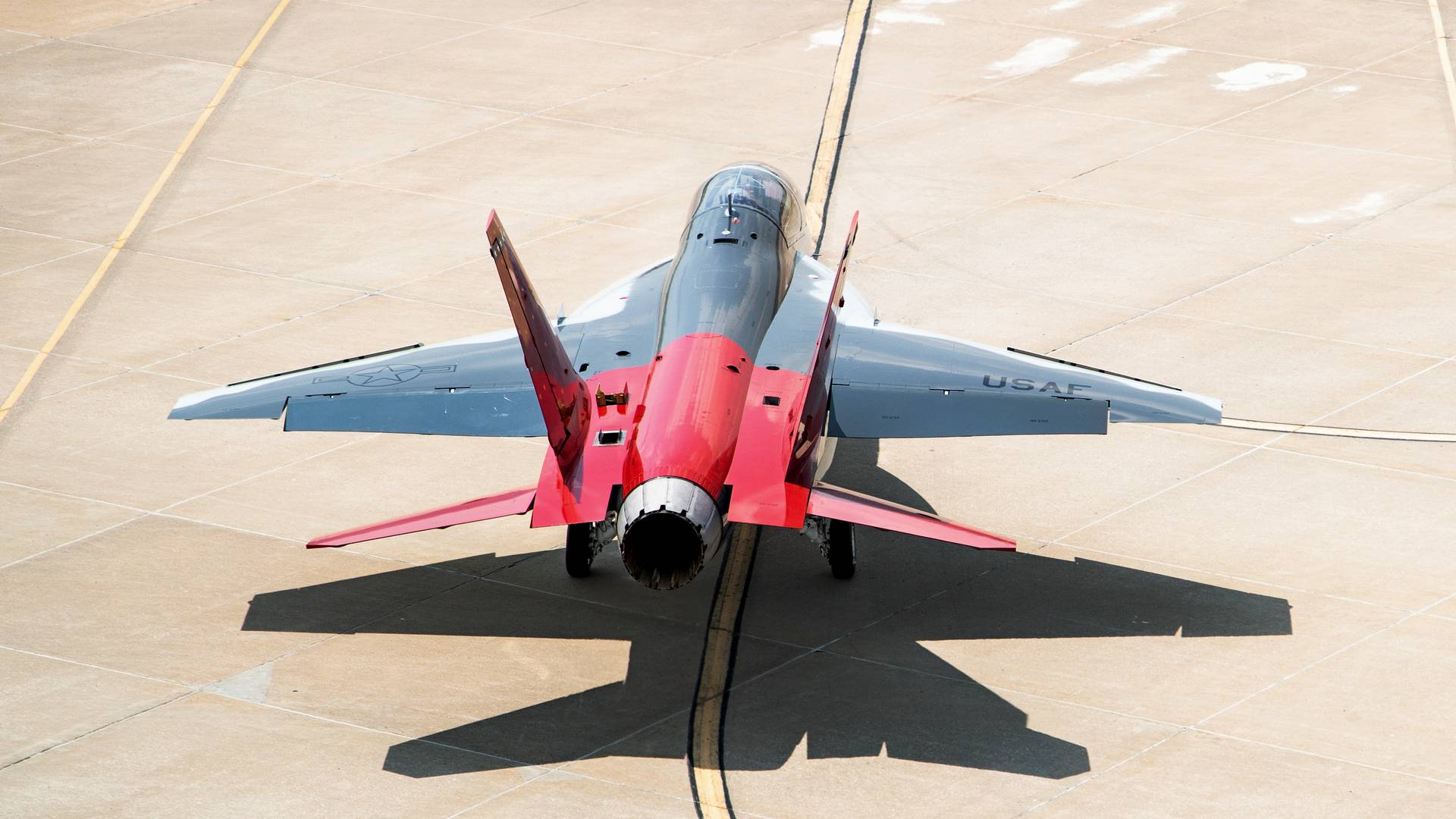
Building the T-7A Trainer (and airliners?) With New Tools
Boeing did not specify which aircraft part or which supplier it is working with, to address these latest quality issues. However, the manufacturer says that it is working with its suppliers to understand and solve the problems.
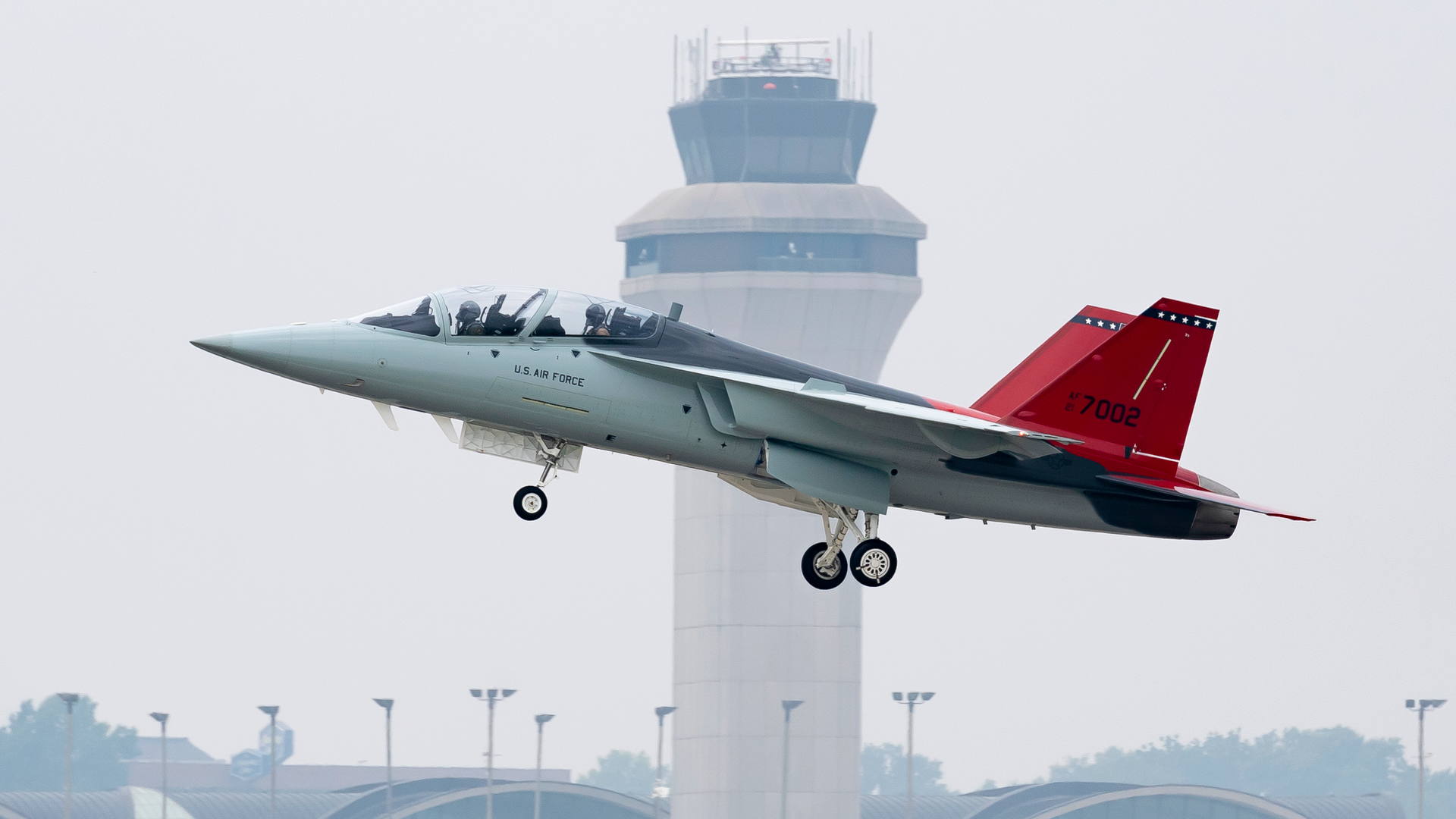
Much of the production plus a lot of the design of the T-7A Red Hawk trainer drew on SAAB. The Swedish manufacturer is building a U.S. production facility, for the rear section and other parts of the aircraft.
Digital design and manufacturing tools enable Boeing, SAAB, and other suppliers, to accelerate production and minimize problems. This is something that makes the T-7A trainer a benchmark of how Boeing intends to design its next airliner… which makes it interesting to us.
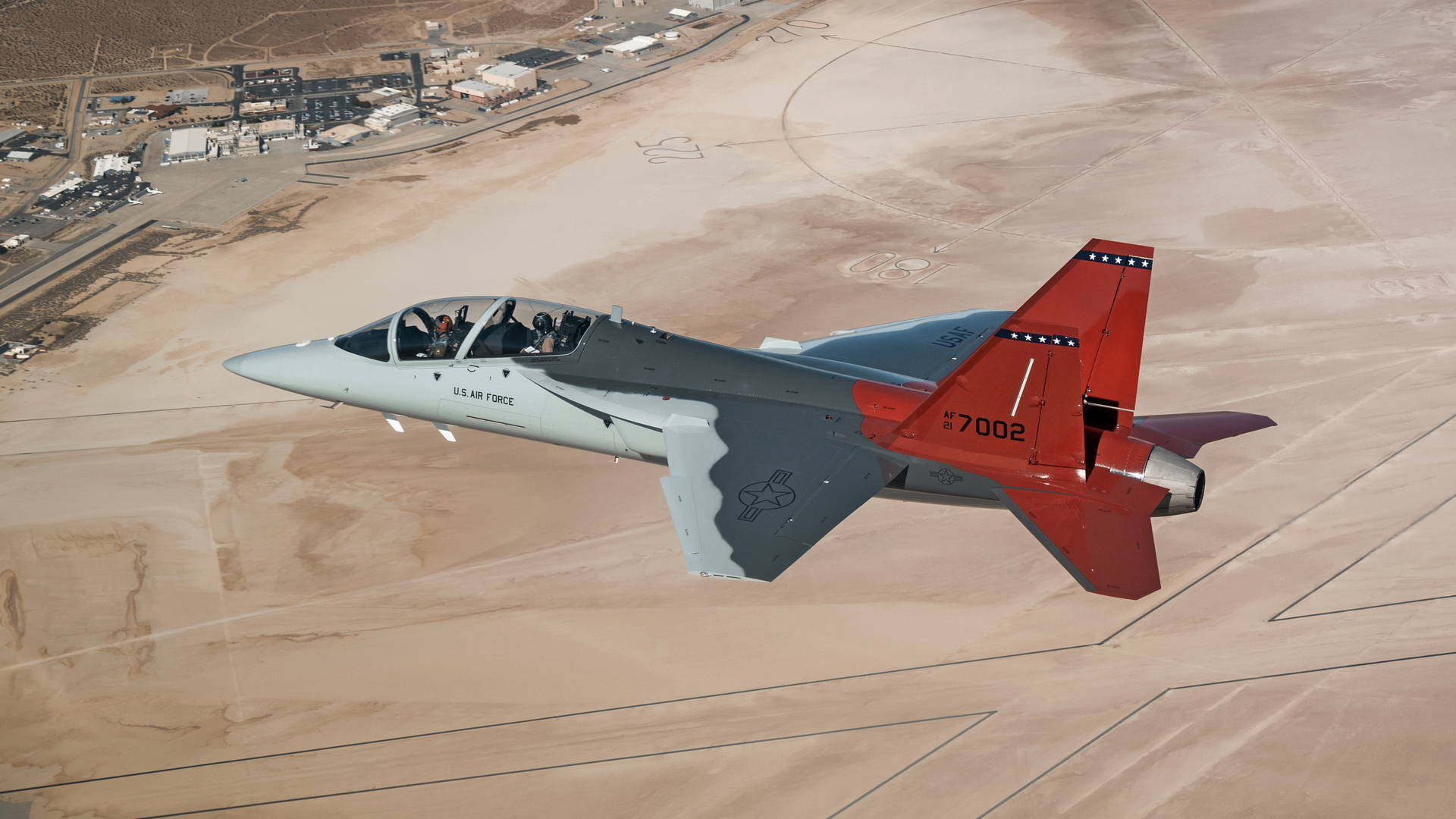
For now, these delays make the introduction to service of Boeing’s trainer that much more difficult. Even before this delay, the timeline of the T-7A seemed risky, to some. From the start, Boeing has planned to start production of the T-7A trainer before the U.S. Air Force formally issues a low-rate initial production (LRIP) award.
That could bring more delays if the Air Force asks for changes in the aircraft’s configuration. Boeing is confident that it has enough flight experience with the aircraft already, to manage and mitigate this risk.




1 comment
Iskender Kutlucinar
Loved T-38, this one is looking good also. I hope it serves well!
Regards,
Isken.